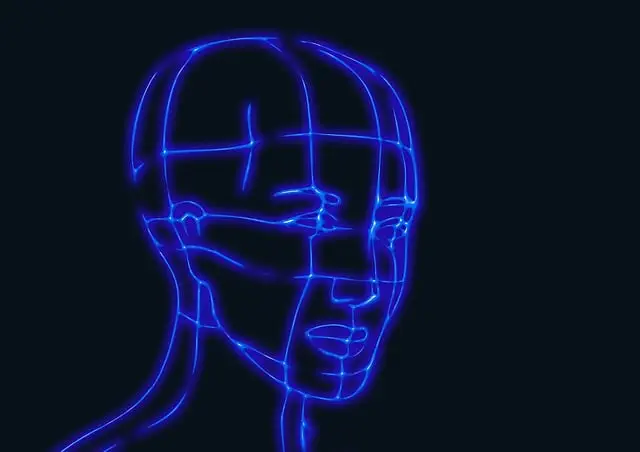Obsessive-Compulsive Disorder (OCD) involves intrusive thoughts and repetitive behaviors driven by anxiety. While cognitive-behavioral therapy (CBT) and medication are proven effective, some seek alternative treatments like kratom for anxiety relief. However, due to limited research, using kratom for OCD should be approached with caution under professional guidance.
Struggling with obsessive-compulsive disorder (OCD) and its debilitating anxiety? This article offers a comprehensive guide to managing OCD. We explore both natural and conventional approaches. Discover how kratom, with its potential anxiety relief benefits, can be a game-changer. Learn about cognitive-behavioral therapy (CBT), mindfulness practices, building support networks, and lifestyle changes. Find strategies beyond kratom for a holistic approach to overcoming OCD-related anxiety.
- Understanding Obsessive-Compulsive Disorder (OCD): Symptoms and Causes
- – Definition and explanation of OCD
- – Common obsessions and compulsions
Understanding Obsessive-Compulsive Disorder (OCD): Symptoms and Causes
Obsessive-Compulsive Disorder (OCD) is a mental health condition characterized by intrusive thoughts (obsessions) and repetitive behaviors (compulsions). Individuals with OCD may experience an overwhelming urge to perform certain rituals or actions to alleviate the anxiety caused by obsessive thoughts. Symptoms can vary widely, but common obsessions include excessive worry about contamination, order, symmetry, or doubtfulness. Compulsions might manifest as repeated washing, checking, counting, or arranging items in a specific way.
While the exact causes of OCD are not fully understood, researchers believe it involves a complex interplay of genetic, environmental, and neurobiological factors. Anxiety relief with kratom has gained attention as an alternative treatment option for some individuals with OCD. However, it’s important to consult healthcare professionals for personalized guidance and evidence-based treatments, such as cognitive-behavioral therapy (CBT) combined with medication, which have proven effective in managing OCD symptoms.
– Definition and explanation of OCD
Obsessive-Compulsive Disorder (OCD) is a mental health condition characterized by intrusive thoughts and repetitive behaviors or rituals. Individuals with OCD often experience anxiety and distress as a result of these obsessions, which can include concerns about contamination, symmetry, or doubt. To alleviate this anxiety, they engage in compulsions, such as excessive cleaning, checking, or counting, believing that these actions will prevent something bad from happening. While traditional therapies like cognitive-behavioral therapy (CBT) have proven effective, some people explore alternative remedies, including the use of kratom for anxiety relief. However, it’s crucial to consult healthcare professionals before incorporating any new supplement into a treatment plan for OCD.
– Common obsessions and compulsions
Obsessive-compulsive disorder (OCD) is a mental health condition characterized by intrusive thoughts and repetitive behaviors. Common obsessions include excessive worries about contamination, symmetry, or doubt, leading to compulsions such as excessive cleaning, checking, or counting. For some individuals with OCD, these rituals provide a temporary sense of anxiety relief.
Anxiety relief with kratom has gained attention as an alternative approach. Kratom, derived from the plant Mitragyna speciosa, acts as a natural opioid and has been used by some to manage OCD symptoms. However, it’s important to note that scientific research on kratom for OCD is limited, and its use should be approached with caution under professional guidance.
Understanding and managing Obsessive-Compulsive Disorder (OCD) is a journey that requires patience and support. By recognizing symptoms and exploring treatment options, such as anxiety relief with kratom, individuals can find ways to navigate their obsessions and compulsions more effectively. Remember, seeking help from professionals and building a strong support system are key steps towards overcoming OCD and achieving a better quality of life.






